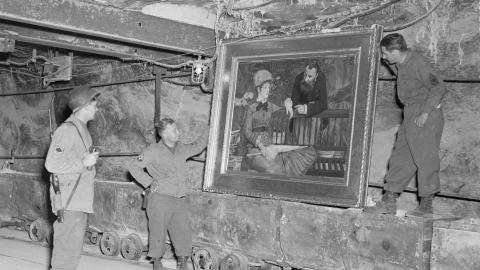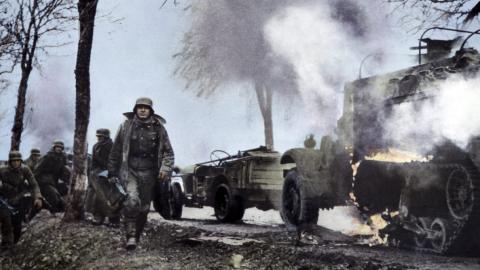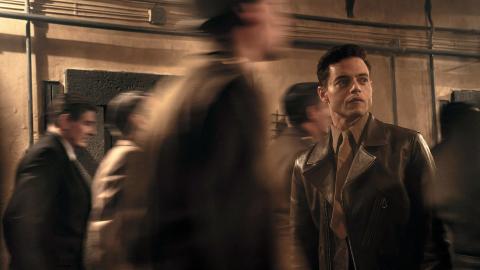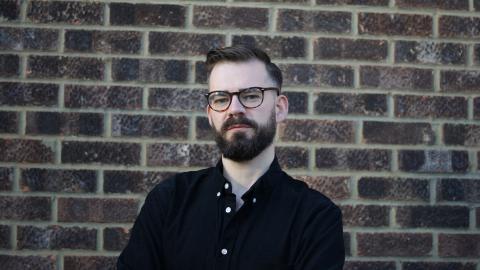Albert Speer: Biography
Speer studied in the technical colleges in Munich and Berlin, before gaining his architectural license in 1927.
Although Speer became an architect, he originally wanted to become a mathematician when he was young. He ended up following in the footsteps of his father and grandfather and studied architecture at the Karlsruhe Institute of Technology.
In 1931, he joined the Nazi party, after hearing Adolf Hitler speak at a rally. After Hitler became Chancellor, he appointed Speer his official architect, and designer of his rallies, notably the famous Nuremburg Rally.
Speer was appointed minister of armaments and munitions in 1942, a position later enlarged to minister of armaments and war production.
He had both the technical and administrative skill to oversee a large, but crucially important, department efficiently.
In this role, Speer set up a system of conscript and slave labour, mostly supplied from concentration camps. It was as a result of systems like this, that Speer was able to increase production at a time of intensive Allied bombing.
Towards the end of the war, Speer believed Germany should try to lose as quickly as possible, as they could no longer win and therefore should try to inflict the least internal damage. As such he did much to thwart official policy, directly disobeying orders at some points.
Hitler continued to consider Speer trustworthy, though this trust waned near the war's end as Speer, at considerable risk, campaigned clandestinely to prevent the implementation of Hitler's Nero Decree.
The Nero Decree promoted a 'scorched earth' policy on both German soil and occupied territories. Most notably, Speer colluded with General Gotthard Heinrici, whose troops fighting in the east retreated to the American-held lines and surrendered there instead of following Hitler's orders to hold off the Soviet push towards Berlin.
Speer was put on trial at Nuremberg after the war and pleaded guilty. He was imprisoned for 20 years.
After he was released, he turned to writing, publishing ‘Erinnerungen’, ‘Inside the Third Reich’, and ‘Spandau: The Secret Diaries’, amongst others.
Speer died on 1 September 1981 in London.















